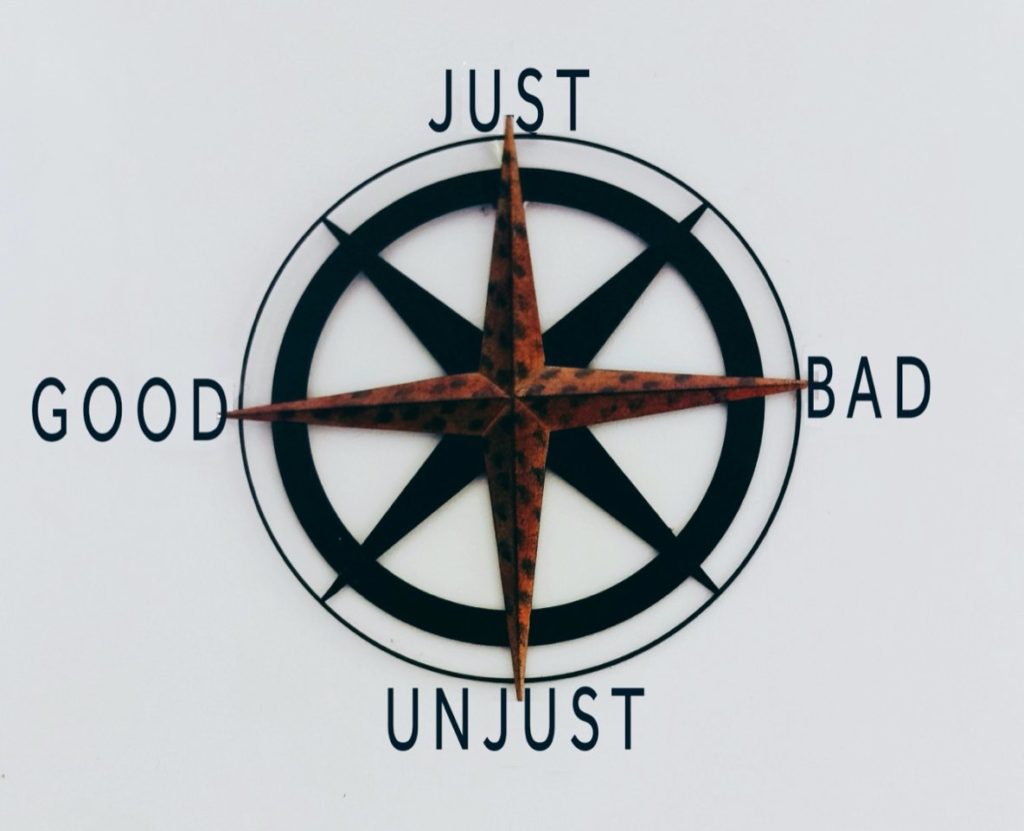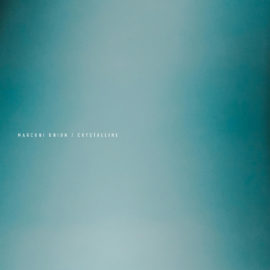Mar 12th, 2024

“Morality is more important than laws, because law depends on morality.”
– Edmund Burke
Confusing the roles of “law” and “morality” is turning the world not only upside down, but into a very dark place. When the sole reason given for defending an action is that it is “legal” – without any regard as to whether its “moral”– the justification can appear sound, but in reality be entirely flawed.
“Ethics is knowing the difference between what you have a right to do and what is right to do…”
– Potter Stewart
It is true to say that in general terms both laws and morals are a set of rules, and that historically moral values, including religious values, influenced the development of law. It is of course also the case that many laws have nothing whatsoever to do with morals – they are rules we all agree on simply to make things work. For example, stopping at a red traffic light – we could all agree that instead, in future, we will stop at a green light – and the law would work equally well. It is order on the road that we are after. Many laws on the other hand do have a moral element – the most obvious relating to criminal law.
“There is no author or legislator of the moral law. It is simply valid in itself in the nature or essence of things.”
– Allen W. Wood
The key thing that is common to all rules of law – and which is completely different to morals – is that all laws are directly enforceable by some form of legislation.
The consequence of this key difference is the element that distinguishes what is “moral” from what is “legal”. The primary purpose of the law is to try stop “bad” things happening – it does that by looking to create rules for order, and for certainty, to enable society to function. The primary purpose of law is not to make people behave well, properly, with kindness, with decency, with honour, with compassion, with love.
“Music is moral law. It is the essence of order and leads to all that is good, true and beautiful.”
– Plato
If I promise you something, and then go on to break that promise, that behaviour breaks no law, yet there are few who would argue that this action is moral. If I am mean to someone, if I lie to a friend – or as someone recently said if I lie to the press – or I am unkind to an animal – none of these activities are illegal, but they are all immoral. And unjustifiable.
“Relativity applies to physics, not ethics.”
– Albert Einstein
The values that we generally share in our behaviour and our actions cannot and should not be measured solely by whether or not they are legal. That measurement is looking to the basement legal level of conduct that society can survive by – and in my view that measurement needs to be fixed on a far higher moral plain.
And when specious responses are made looking to effectively justify the unjustifiable simply on the basis that “it’s legal” then we end up going in the wrong direction – and it should be called out as that, or we will lose our way still further.
“If you don’t know where you’re going any road’ll take you there.”
– George Harrison

Digitonal – Eighteen (Official Music Video)
Jul 25th, 2025
Today we also share a brand new video for Beautiful Broken single ‘Eighteen’, animated by Andy Dobson himself.
Today we also share a brand new video for Beautiful Broken single ‘Eighteen’, animated by Andy Dobson himself.

Just a Thought – Here Comes The Sun | July 2025
Jul 25th, 2025
“Summertime, and the living is easy. Fish are jumping, and the cotton is high.”
“Summertime, and the living is easy. Fish are jumping, and the cotton is high.”

New Single: Crystalline
Marconi UnionMay 14th, 2025
Today we share the final single from the new Marcon Union album, Crystalline
Today we share the final single from the new Marcon Union album, Crystalline

New Release: Silence Is Gliding – Marconi Union
Marconi UnionApr 16th, 2025
“It’s the idea of switching the engines off and freeing yourself from the noise of everyday life.”
“It’s the idea of switching the engines off and freeing yourself from the noise of everyday life.”

Essential Ambient | Curated by Glenn Gregory
Apr 15th, 2025
Essential Ambient, as curated by Heaven 17 & Honeyroot frontman Glenn Gregory
Essential Ambient, as curated by Heaven 17 & Honeyroot frontman Glenn Gregory

Marconi Union – New Album and Single | The Fear of Never Landing
Marconi UnionMar 20th, 2025
Their twelfth studio album, The Fear of Never Landing, is set for release 6th June. The news is paired with the release of first single Eight Miles High Alone, and accompanied by the official music video.
Their twelfth studio album, The Fear of Never Landing, is set for release 6th June. The news is paired with the release of first single Eight Miles High Alone, and accompanied by the official music video.
Just a Thought – As a Matter of Fact… | September 2024
Sep 5th, 2024
“”If everything isn’t black & white, I say, “why the hell not”… – John Wayne
“”If everything isn’t black & white, I say, “why the hell not”… – John Wayne
Just a Thought – Here Comes The Sun | July 2024
Jul 18th, 2024
“Smell the sea, and feel the sky, Let your soul and spirit fly.”
“Smell the sea, and feel the sky, Let your soul and spirit fly.”

